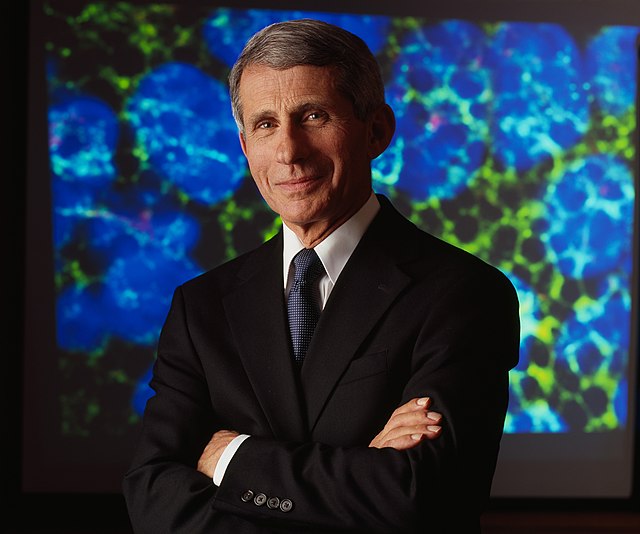
Published December 15, 2022
Last week, The New York Times published a guest essay in praise of Dr. Anthony Fauci, written by Dr. Anthony Fauci. In this auto-hagiography, Fauci, who until recently served as director of the National Institute of Allergy and Infectious Diseases, or NAIAD, and as President Biden’s chief medical adviser, attempted to rewrite recent history.
“I never aspired to a major administrative position and relished my identity as a hands-on physician and clinical researcher,” wrote the man who at the height of the pandemic found time to pose for an InStyle fashion shoot. Fauci added: “I always speak the unvarnished truth to presidents and other senior government officials, even when such truths may be uncomfortable or politically inconvenient, because extraordinary things can happen when science and politics work hand in hand.” Just so: Extraordinary things certainly have happened under his watch when science and politics fused.
Please continue reading with COMPACT Magazine.
Aaron Kheriaty is a fellow at the Ethics and Public Policy Center, where he directs EPPC’s program in Bioethics and American Democracy. He is currently Chief of Psychiatry & Ethics at Doc1 Health and Chief of Medical Ethics at The Unity Project, and a Senior Fellow and Director of the Health and Human Flourishing Program at the Zephyr Institute. Dr. Kheriaty is also a Scholar at the Paul Ramsey Institute and he serves on the advisory board at the Simone Weil Center for Political Philosophy.
Image from NIAID on Wikimedia via Creative Commons 2.0
Aaron Kheriaty, MD, is a Fellow & Director of the Program in Bioethics and American Democracy at the Ethics and Public Policy Center. He is a physician specializing in psychiatry and author of three books, including most recently, The New Abnormal: The Rise of the Biomedical Security State (2022).











